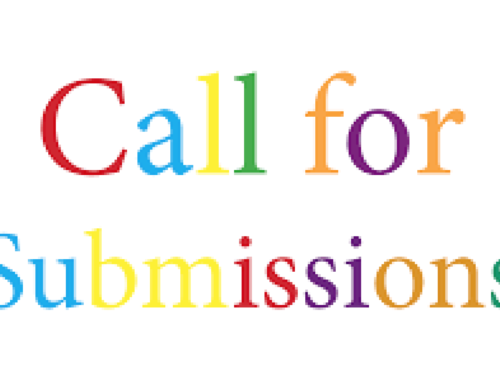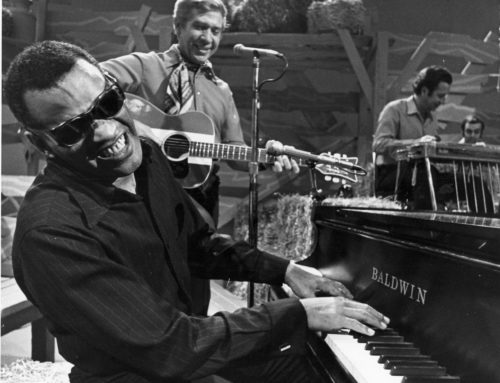On Publishing
by Kent Grant
April 27, 2019
Ambidextrous: A Writer’s Collective is a collaboration of emerging and seasoned writers whose stories focus on issues about social and environmental justice.
The idea for Ambidextrous was born out of the need to showcase my learning experience as an Urban Sustainability Master of Arts candidate here at Antioch. The website at ambidextrousonline.com is host to Ambidextrous the EZine.
I have been fortunate to be surrounded by many enlightened souls during this past project period who were willing to share their stories or otherwise lend a hand.
Special thanks to Susan Gentile my Capstone Advisor, Jane Paul capstone mentor, Dr. Donald Strauss, my Capstone Instructor and Catherine McDonald, USMA program coordinator, she keeps things moving.
Also, special thanks to Emerald Roberts and Joyce Holmes from this year’s Bridge cohort for their critiques on my work. And to Ryan Ross for his technical assistance with images used for the site. And of course, thanks to all who contributed their stories and otherwise lent their support.
This project was an exploratory mission from beginning to end. Magazines have always provided me leisurely opportunities for entertaining and casual reading as well as providing serious stories on news of the day. The EZine became the vehicle for my curation.
I looked for stories that I thought shine light on paths out of desperate places to generous worlds, to worlds infused with creativity, new worlds imbued with cultural humility, and, above all, slated for equity and justice.
I solicited writing from students and instructors from Antioch’s undergraduate and graduate departments and from the Bridge Program. Antioch’s “Bridge” is a community outreach encouraging adult students from marginalized communities to continue or to reinforce their education.
Deciding that I had enough content to publish, it was time to build the container for the project, the website. The perception that I might find a future place in some facet of publishing, made me aware that as a member of a working group in the book business, learning to build a website using open source technology for the e-Zine could prove invaluable.
Today’s Internet is ubiquitous and an indispensable component of the commons, facilitating the global flow and interaction of information. As such, the ongoing utility of the Internet will continue to be essential in the service of Sustainability.
Commerciality exasperates today’s tragedy of the commons, arguably the interrelated issues of climate change, energy, the degradation of natural resources and infrastructure, the continued use of fossil fuel, consumerism, etc. Privatization of the commons leading to commercialization of the commons is a false solution for fixing the commons.
There is wide support for a civic commons in cyberspace as an enduring response to the current commerciality of the Internet. A civic commons can be considered in a broad sense, a non-profit initiative that serves to develop and share ever improving open source technologies while encouraging collaboration among public and private sector enterprise.
Because of the relatively inexpensive cost of hosting a website, I will offer free advertising in the next and ongoing editions of Ambidextrous to establishments encouraging community sustainability. If the website is subsequently monetized, I could probably secure advertising revenue from earlier promotional clients. Perhaps offer them a discount.
There is a Need for Co-operative Publishing. Developing ongoing relationships with contributors makes me think that the notion of a writer’s collective evolving into a writer’s and friends publishing co-op may not be that far off.
Traditional old school Publishing houses used to re-invest profits from the sales of work from its popular stars into talented serious writers who have not yet come of age. This is an expensive endeavor and publishers no longer risk promotional expenditures unless they are certain of their returns. Advances against the earnings of future work don’t come easy.
Authors who are published or self-publish are often left on their own to market and promote their work. This is a difficult and expensive prospect. It is possible that important literature is lost or remains unpublished because of this.
A publishing co-op has the potential to facilitate projects that pool resources and time in support of an author’s success. Members are the combined owners of the co-op and not obligated to pursue profit at the expense of workers and consumers. But, they can reinvest profits back into the business and share decision-making responsibilities.
This is the vision. Co-op models can lead us through just transitions to regenerative economies. Presently, Ambidextrous speaks to this longingly.
Ambidextrosity is to me the realization of harmony and exquisite co-ordination. Ambidextrous propels the voice of diversity throughout its pages. It is work that I hope speaks to truth and provokes critical thought.



Social Contact